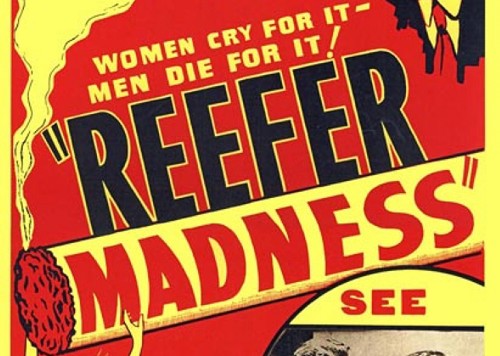
On July 28, US Senators Ed Markey (D-MA) and Ron Wyden (D-OR), along with US Representative Doris Matsui (D-HI) introduced a bill to reclassify Internet Service Providers from Title I “information services” to Title II “common carrier services.”
Why this bill? Because the term “Net Neutrality” polls well among those who don’t bother to look into the details.
Why now? Because Democrats are playing every card in the deck as they cast about for ways to stem their likely bleeding in this November’s midterm elections.
In 2015, the Federal Communications Commission published an “Open Internet Order” magically turning ISPs into “common carriers” and requiring them to treat some, but not all, network traffic “neutrally.”
But since the rule was imposed unilaterally by one FCC, it could be withdrawn by the next. One of the few fortunate outcomes of Donald Trump’s election as president in 2016 was the appointment of a new FCC chair and withdrawal of the rule.
The new law, if passed, would require, rather than merely allow, the FCC to impose “Net Neutrality” on America.
What is “Net Neutrality?” It’s really three different things, none of them good.
First, it’s corporate welfare for companies whose business models involve pushing lots of bits (like streaming high-definition video) through the Internet and into your home, and who’d rather not foot the bill for the infrastructure to carry their product.
Second, it’s the Internet censorship camel’s nose pushing its way into the administrative state’s regulatory tent.
Third, it’s a sexy-sounding solution desperately in search of a problem that does not and never has existed. The Internet has become incrementally better and more accessible for 30 years now without it.
“Net Neutrality” requires ISPs to treat some data “neutrally”: An email from your mom can’t receive higher priority than your neighbor’s weekend Stranger Things binge in all its 4k glory.
Instead of Netflix, or your neighbor, getting the bill for the bandwidth and infrastructure required to accommodate your neighbor’s insane bandwidth consumption — or, heaven forbid, his screen freezing during the chorus of “Running Up That Hill” — both your ISP bills will go up to pay for fatter pipes. You get to subsidize your neighbor, and Netflix, whether you like it or not.
Notice that I said “some” data must be treated “neutrally.” Not all of it. The FCC’s previous order mandated such “neutrality” only for “legal” content.
Who gets to rule content “legal” or “illegal?” For the most part the FCC, although occasional pro-censorship input from Congress is a given (hint: Content from sanctioned US Enemies of the Week will be “illegal”).
The FCC will also receive sage advice from the aforementioned corporate welfare queens, who wouldn’t want you getting your movies and music from unapproved sources (i.e. sites that don’t make them money).
The purpose of the TERM “Net Neutrality” is to fool you into voting for people who sound like they’re promising you something cool and even necessary.
The purpose of “Net Neutrality” POLICY is to leave you with less money and less choice.
Thomas L. Knapp (Twitter: @thomaslknapp) is director and senior news analyst at the William Lloyd Garrison Center for Libertarian Advocacy Journalism (thegarrisoncenter.org). He lives and works in north central Florida.
PUBLICATION/CITATION HISTORY


